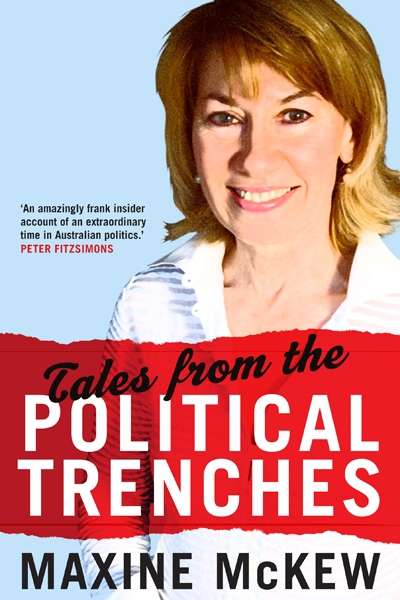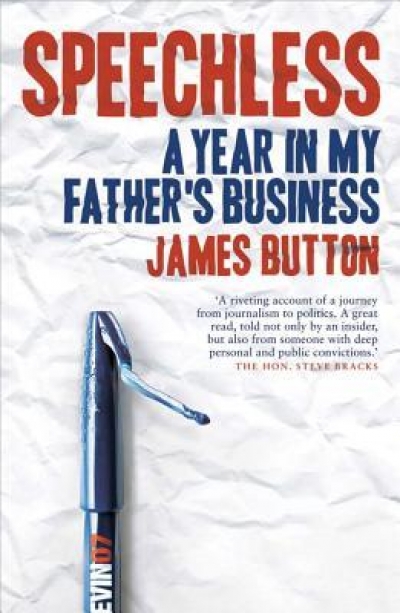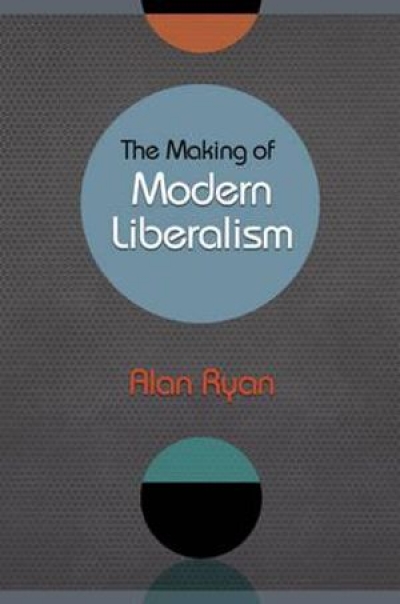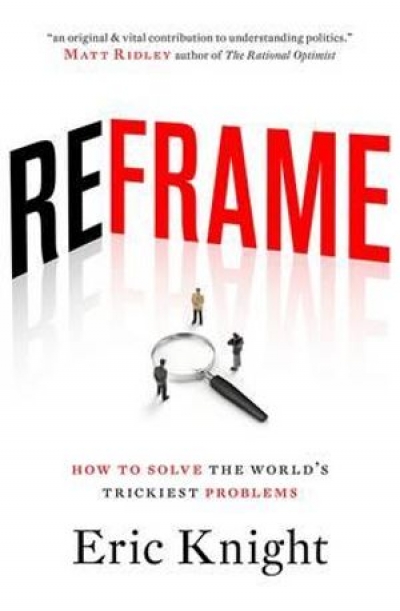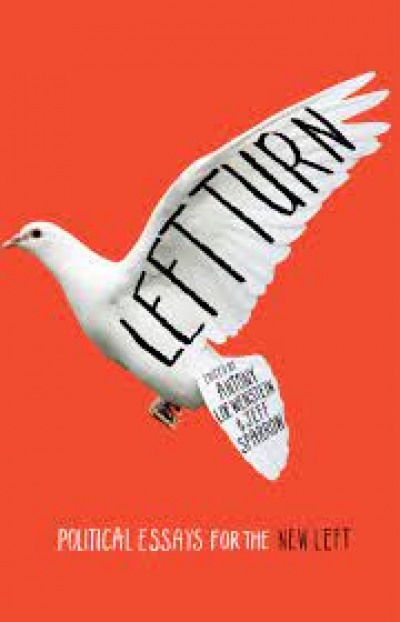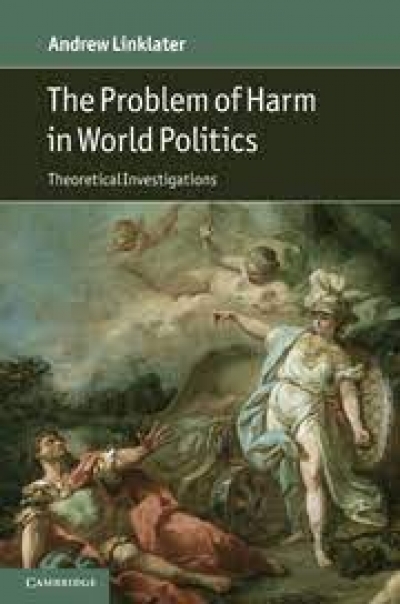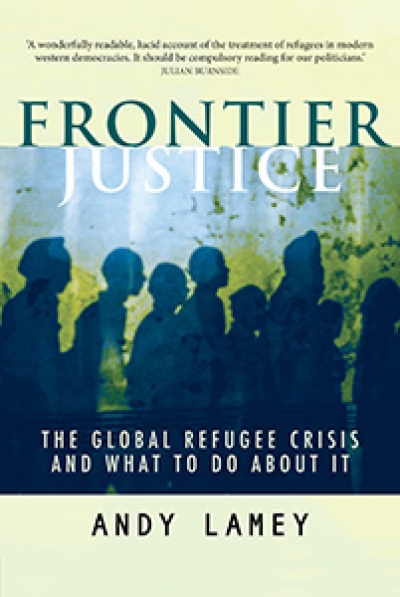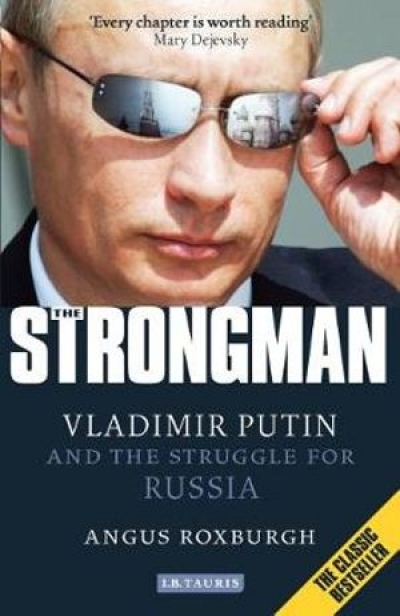Politics
November in America signals a time to gather in, take stock and breathe a little. The elections are done by the end of the first week. Thanksgiving beckons, the high holidays begin, media fever subsides – a little – and morphs into retrospective political analysis and projected anxiety about the future, especially, since 2008, the economic future.
... (read more)Tales from the Political Trenches by Maxine McKew
By its title, Tales from the Political Trenches promises reportage from the front line, eyewitness accounts of what really happens in the hidden zones of the political battlefield. The tales told here follow a rollercoaster sequence of political events: the meteoric rise of Kevin Rudd, Maxine McKew’s triumph over ...
... (read more)In 2008 I was asked to write speeches for then-Prime Minister Kevin Rudd. It was a tempting offer. The trouble was that I would be based in the Department of Prime Minister and Cabinet (PM&C), not the Prime Minister’s Office (PMO), and would work as a public servant, not a political staffer ...
... (read more)If Julia Gillard were to drive past the main campus of the Methodist Ladies’ College (MLC), a big independent school in the inner-eastern Melbourne suburb of Kew, she would undoubtedly remark that MLC is a ‘great example’ of educational excellence. Despite recent controversies, the school still has top-class facilities, quality teachers, and high-performing students, many of whom will move into influential positions within society.
... (read more)In a famous essay on poetry, English philosopher Michael Oakeshott evoked the metaphor of conversation to describe how people share and discuss ideas. A conversation, suggested Oakeshott, allows a continuous discussion between past and present, between the thought of earlier generations and the pressing needs of the present. A conversation is not a search for truth or even facts, but an endless dialogue among diverse voices.
... (read more)Reframe: How to Solve the World’s Trickiest Problems by Eric Knight
Weary of the standard Hollywood pap, Samuel Goldwyn reportedly told his writers, ‘Let’s have some new clichés.’ In Reframe: How to Solve the World’s Trickiest Problems, his first book, Eric Knight sets about recasting corporate culture’s platitude to ‘think outside the box’.
... (read more)Left Turn: Political Essays for the New Left edited by Antony Lowenstein and Jeff Sparrow
Few would suggest that global capitalism is in rude, unqualified, health. Greece has just voted on whether to stay in the Euro, global markets continue their rollercoaster trajectory, and millions of workers in advanced Western economies remain jobless. With much of the rich world halfway into a lost decade, capitalism is suffering another of the periodic and devastating crises that seem an ineradicable aspect of its nature.
... (read more)The Problem of Harm in World Politics: Theoretical Investigation by Andrew Linklater
Violent and non-violent harm is endured, inflicted, and internalised by all people at different times, and to varying degrees. It was Cicero who is believed to have first posited that the main obligation human beings have is to refrain from harming one another, and that any unnecessary act of doing so renders that person an enemy of the human race.
... (read more)Frontier Justice by Andy Lamey & Contesting Citizenship by Anne McNevin
Australian advocates of a harsh line against asylum seekers arriving by boat often base their arguments on a concern for the protection of human life. Unless we deter boat people, so the reasoning goes, ever greater numbers will set out on the dangerous voyage from Indonesia, and more and more lives will be lost at sea. This may sound like a novel position, but, as Andy Lamey makes clear in Frontier Justice: The Global Refugee Crisis and What to Do about It, the argument is well worn. In the early 1990s, Presidents Bush Sr and Clinton used similar justifications to defend a policy of intercepting boats from Haiti and returning them directly to Port au Prince, without making any assessment as to whether those on board might have claims to protection from Haiti’s dictatorial régime.
... (read more)The Strongman: Vladimir Putin and the struggle for Russia by Angus Roxburgh
The Western stereotype of the Russian bear has been reborn over the past decade, and Vladimir Putin can take much of the credit. If Hollywood decides to make a movie of John Le Carré’s Smiley’s People, the Russian president, a German-speaking KGB officer, would make an excellent Carla, the master spy.
... (read more)

